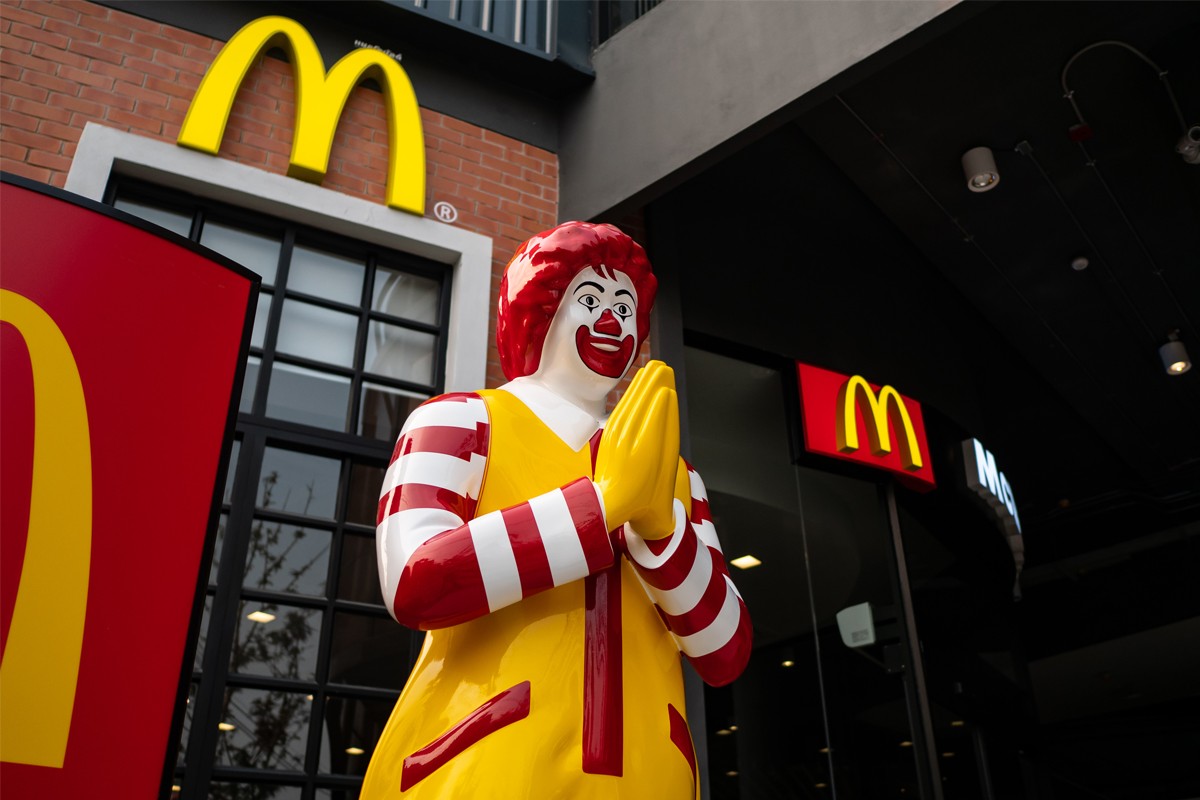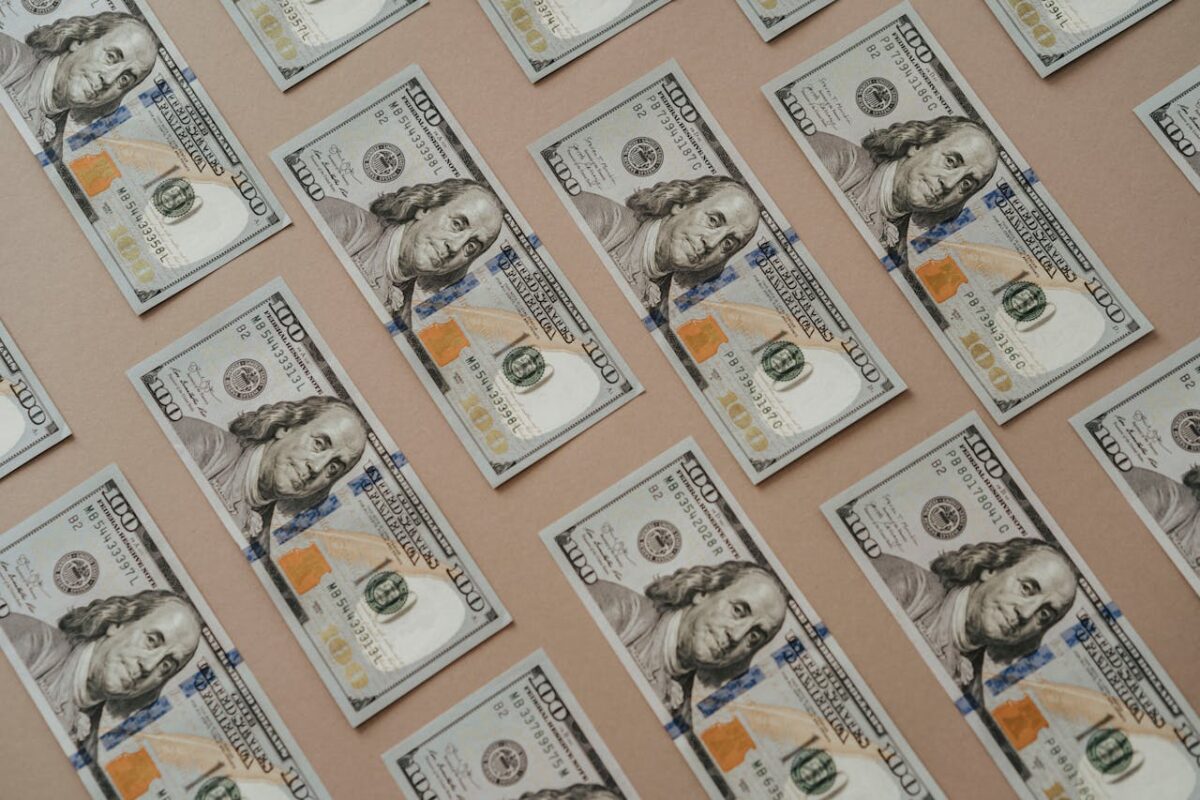Last week, Warren Buffett and Jorge Paulo Lemann, closed a $23 billion deal for H. J. Heinz, the maker of Heinz Ketchup, baked beans and baby food. As noted in an article on DealBook, the acquisition fits Mr. Buffett’s playbook almost to a T, and in a CNBC interview hosted on the Dealbook page, he refers to Heinz as “our kind of company.”
Buffett likes strong brands because they create a protective ‘moat’ around a business. He believes that for a business to earn excellent returns on invested capital, it must command a sustainable, long-term advantage. So, strong well-known brands are one of two types of brand that excite Buffett as an investor, the other being low cost producers. As I said in my previous post, Buffett takes the long view for his investments. He is looking for a sustainable competitive advantage – not a quick win.
In reality, I suspect that what Buffett really values is a well-run company, one with a management team that knows which of the two basic business models it practices and does so well. When a premium brand starts playing the discount game, then things are likely to end badly. Whether it is a car manufacturer, airline or retailer, when a brand has to resort to price as a means to generate demand then bankruptcy becomes a distinct possibility. That is why you did not see Buffett step in to buy Saturn, take a stake in Delta or snap up Circuit City.
Heinz definitely qualifies as a household name in the U.S. and UK, but what many people may not realize is that the brand is growing its business around the world. A quick glance at the Heinz 2012 Annual Report finds that the company’s focus on ketchup and sauces, led by the Heinz brand, is paying off. Ketchup and sauces delivered sales growth of almost 14 percent during the year with about 25 percent of the sales in this category coming from emerging markets. While Heinz is already well-positioned, the company is planning to extend its iconic ketchup brand into further developing economies including Brazil and Russia.
In the interview on CNBC, Buffett is quizzed on whether the efficiency of the Heinz business can be improved, but I am not sure that is where he is looking to make his return. Instead, I believe he is looking for the long-term, sustainable growth that comes from growing a strong brand’s business base. Extending a strong brand to new geographies is one of the biggest drivers of financial value growth, and I suspect the future potential of the Heinz brand had a lot to do with Buffett’s decision to pay $72.50 a share for Heinz, a 20 percent premium over the stock price at the time of the deal.
In the CNBC interview, Buffett indicates that he has the intention and the capital to make another acquisition like Heinz. Suggestions anyone? Please share your thoughts.
The Blake Project Can Help: Differentiate Your Brand In The Brand Positioning Workshop
Branding Strategy Insider is a service of The Blake Project: A strategic brand consultancy specializing in Brand Research, Brand Strategy, Brand Licensing and Brand Education




